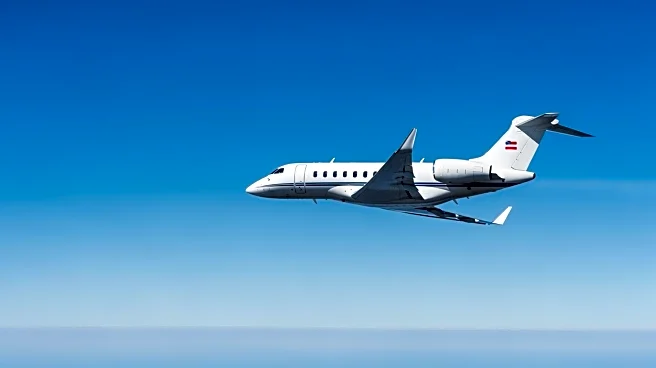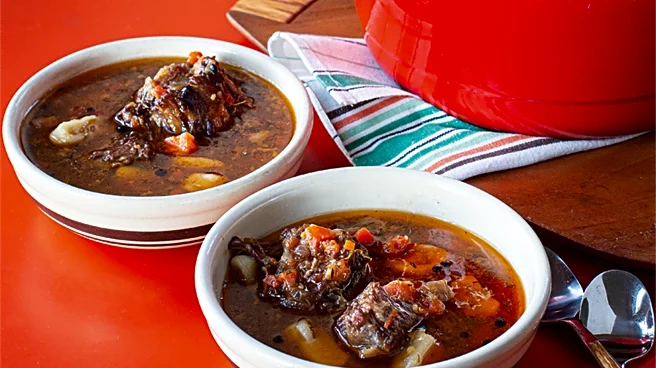What's Happening?
The planned summit between President Trump and Russian President Vladimir Putin in Budapest, Hungary, is prompting EU leaders to consider airspace exemptions for Putin's travel. Due to EU sanctions, Russian aircraft are banned from flying through EU airspace,
complicating Putin's travel plans. The meeting aims to address the ongoing conflict in Ukraine, which has persisted for over three years. EU officials are discussing potential waivers to allow Putin's aircraft to fly over certain countries, highlighting the diplomatic complexities involved in organizing the summit.
Why It's Important?
The summit represents a significant diplomatic effort to resolve the Ukraine conflict, with potential implications for EU-Russia relations and European security. The need for airspace exemptions underscores the challenges of navigating international sanctions and diplomatic protocols. Successful negotiations could lead to reduced tensions and improved relations between Russia and the EU, while failure to reach an agreement may exacerbate geopolitical divisions. The outcome of the summit could influence future diplomatic strategies and impact global stability.
What's Next?
EU leaders will need to decide on granting airspace exemptions for Putin's travel, which could set a precedent for future diplomatic engagements. The summit's success will depend on the willingness of both parties to make concessions and find common ground. The international community will closely monitor these developments, as they could influence future diplomatic strategies and military support for Ukraine.
Beyond the Headlines
The summit highlights the complexities of international diplomacy and the role of sanctions in shaping geopolitical dynamics. The discussions may prompt broader conversations on energy security, economic cooperation, and military alliances, reflecting the multifaceted nature of modern geopolitical conflicts.
















